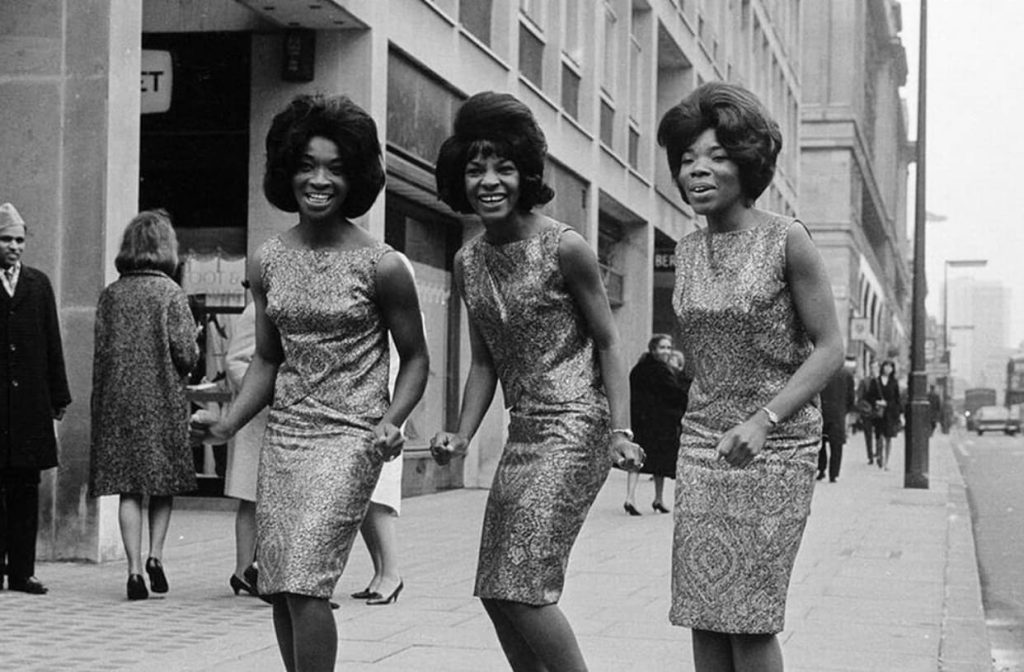
Dancing in the Street: An Anthem of Joy and Liberation
Martha and the Vandellas‘ iconic hit, “Dancing in the Street,” is more than just a song; it’s a jubilant celebration of life, freedom, and the unifying power of music. Released in 1964, during a time of social and political upheaval in the United States, the song’s infectious energy and message of togetherness resonated deeply with audiences, transcending its initial context to become a timeless anthem of joy and liberation.
The song’s driving beat, punctuated by the Vandellas’ powerful vocals and Martha Reeves’ dynamic lead, creates an irresistible invitation to get up and move. The lyrics paint a vivid picture of a world united in dance, where people of all backgrounds come together to celebrate the simple pleasures of life. It’s an image of pure joy, a vision of a world where differences are forgotten and everyone is free to express themselves through music and movement.
“Dancing in the Street” wasn’t just a party anthem, though. Its release coincided with the Civil Rights Movement, and its message of unity and liberation resonated deeply with those fighting for equality. The song’s call to “forget all your worries and just be happy” offered a sense of hope and release in a time of struggle, while its vision of a world where everyone danced together embodied the dream of a more just and equitable society.
The song’s impact extended far beyond its initial context. Over the years, “Dancing in the Street” has been covered by countless artists across various genres, testament to its enduring appeal and universal message. Its infectious energy and spirit of liberation have made it a staple at celebrations and gatherings around the world, a reminder of the power of music to bring people together and uplift the human spirit.
Even today, decades after its release, “Dancing in the Street” continues to inspire and move listeners. Its timeless message of joy, unity, and the transformative power of music remains as relevant as ever, a testament to the enduring legacy of Martha and the Vandellas and their iconic anthem of liberation.